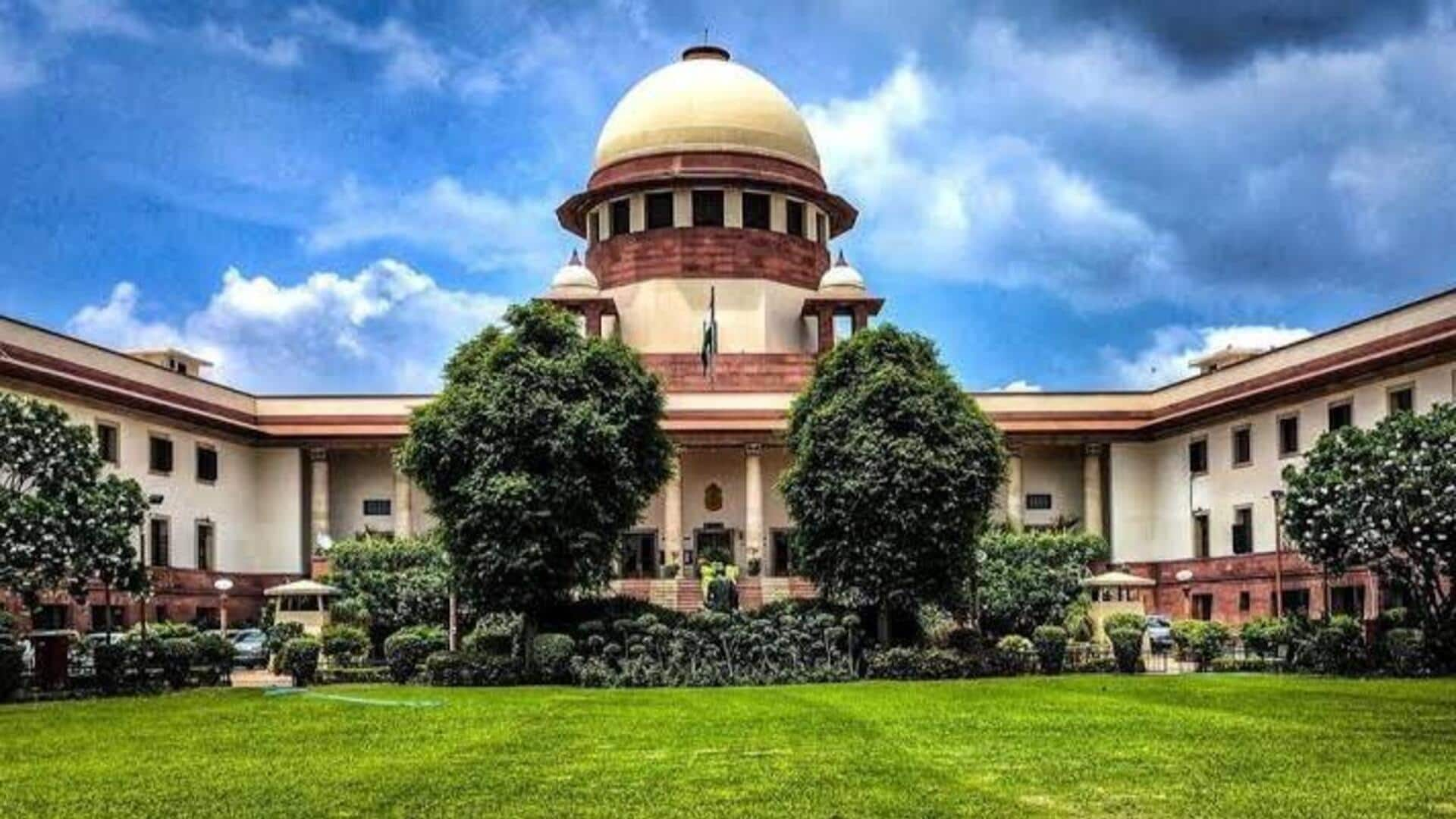
'Proud of our constitution': SC mentions Nepal, Bangladesh during hearing
What's the story
The Supreme Court of India referred to the violent protests in Nepal and Bangladesh during a hearing on a presidential reference concerning its April 12 order. The order had set deadlines for President Droupadi Murmu and governors to clear state bills. During the hearing, Chief Justice BR Gavai cited the Indian Constitution, which allows the president to seek legal advice from the Supreme Court on matters of public importance.
Constitutional pride
CJ Gavai lauds Indian Constitution
Chief Justice Gavai said, "We are proud of our Constitution." "See what is happening in our neighboring states. Nepal, we saw...," he said, referring to the recent anti-corruption protests in Nepal that have left over 20 dead. Agreeing with CJI Gavai, Justice Vikram Nath mentioned Bangladesh's violent protests last year when student-led demonstrations took over government buildings and forced Prime Minister Sheikh Hasina to resign.
Legal proceedings
Solicitor-General defends governors' actions
The Supreme Court was hearing a presidential reference on whether it can lay down timelines and procedures for the president and governors to consider state legislature bills. Solicitor-General Tushar Mehta defended the actions of governors in reserving bills for over a month. However, Chief Justice Gavai questioned this approach, asking how they could rely on statistics when similar arguments were rejected earlier in court.
Governor scrutiny
Supreme Court's earlier ruling on bill delays
The Supreme Court had earlier criticized Tamil Nadu Governor RN Ravi for his "arbitrary" and "illegal" actions in delaying bills. The court ruled that bills returned to state legislatures must be cleared within 30 days by either the governor or president. This ruling has been challenged by the president under Article 143 of the Constitution, which allows the president to seek the court's advice on questions of public importance.